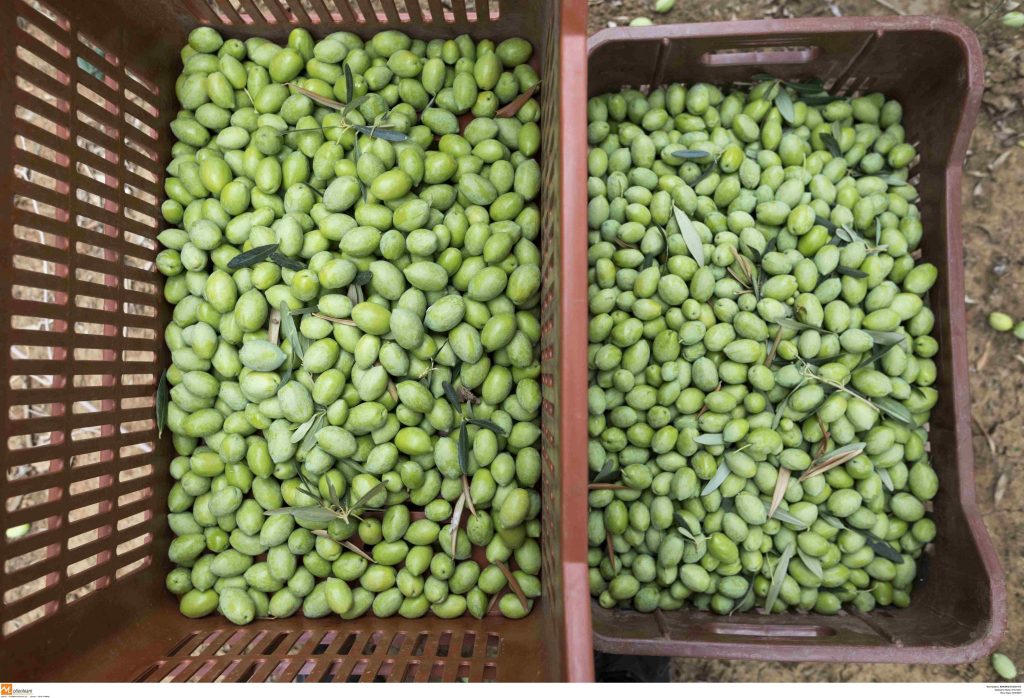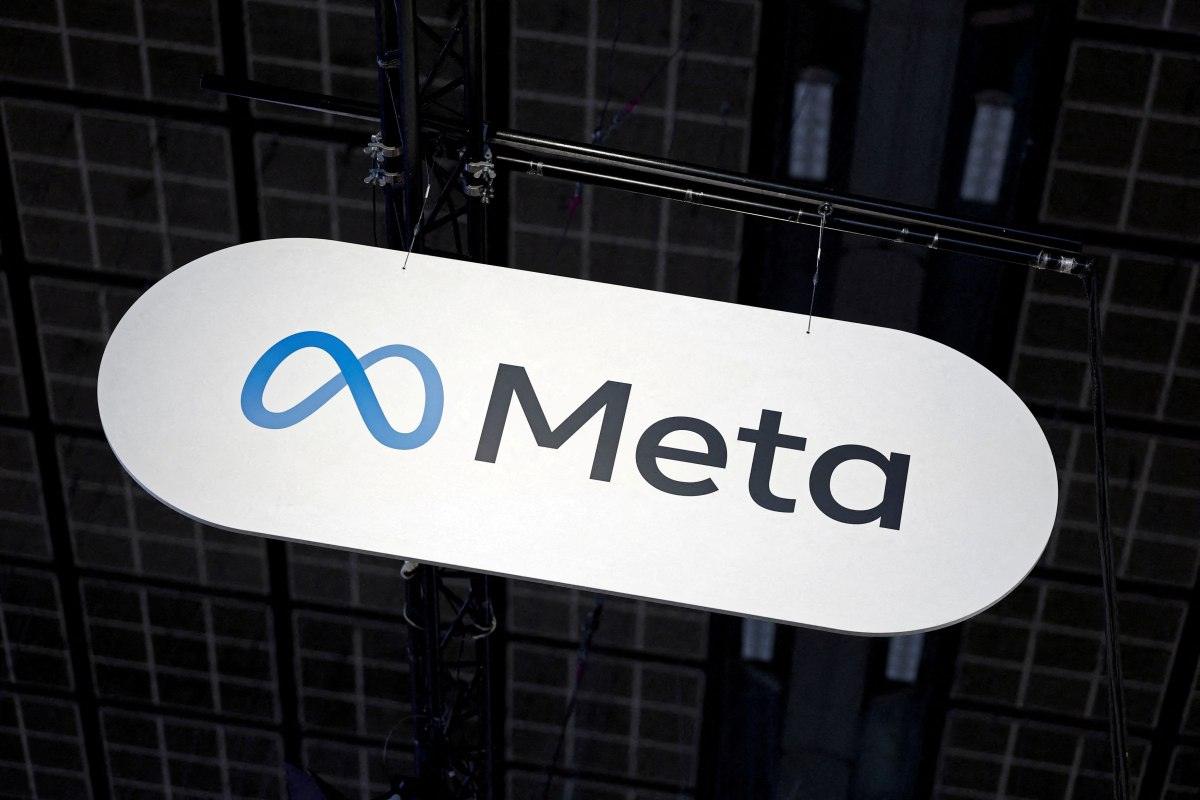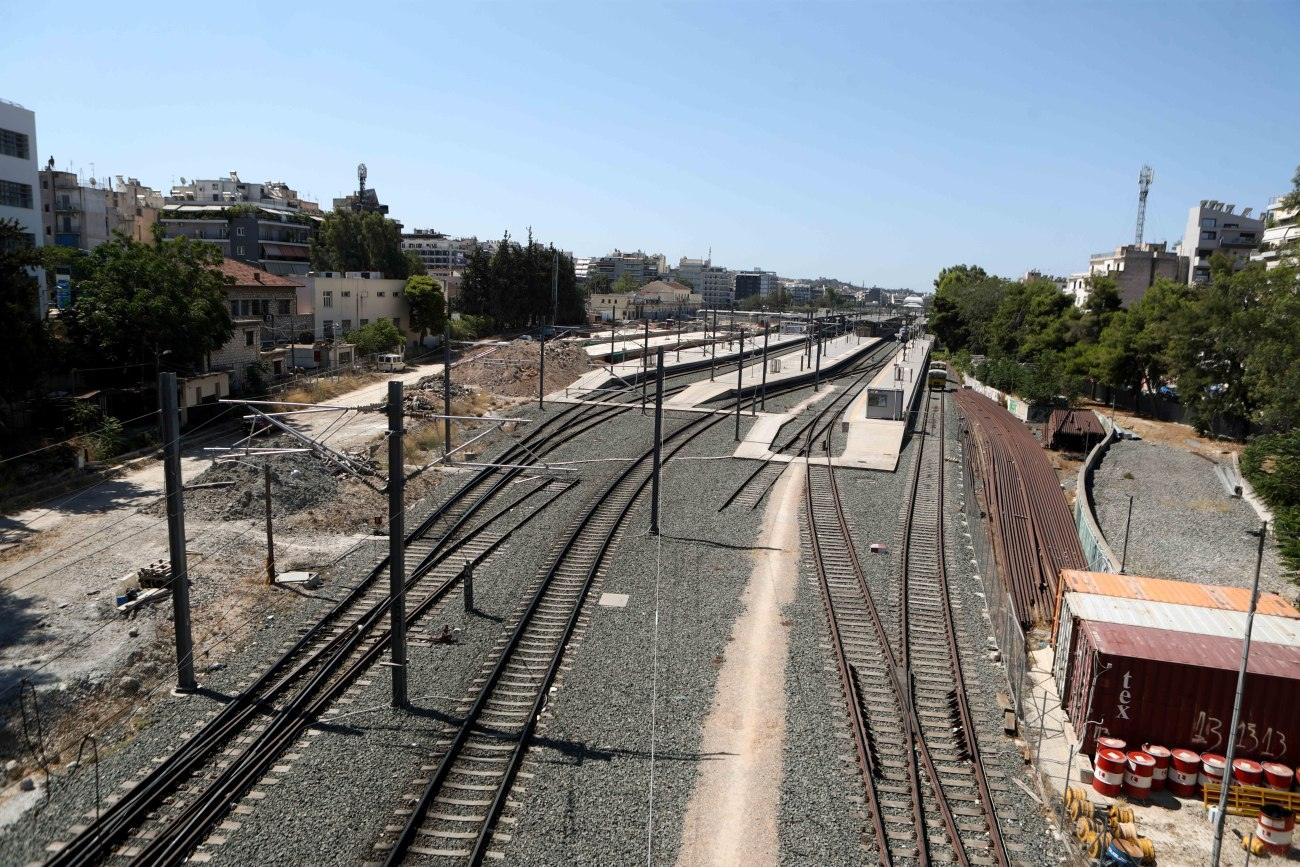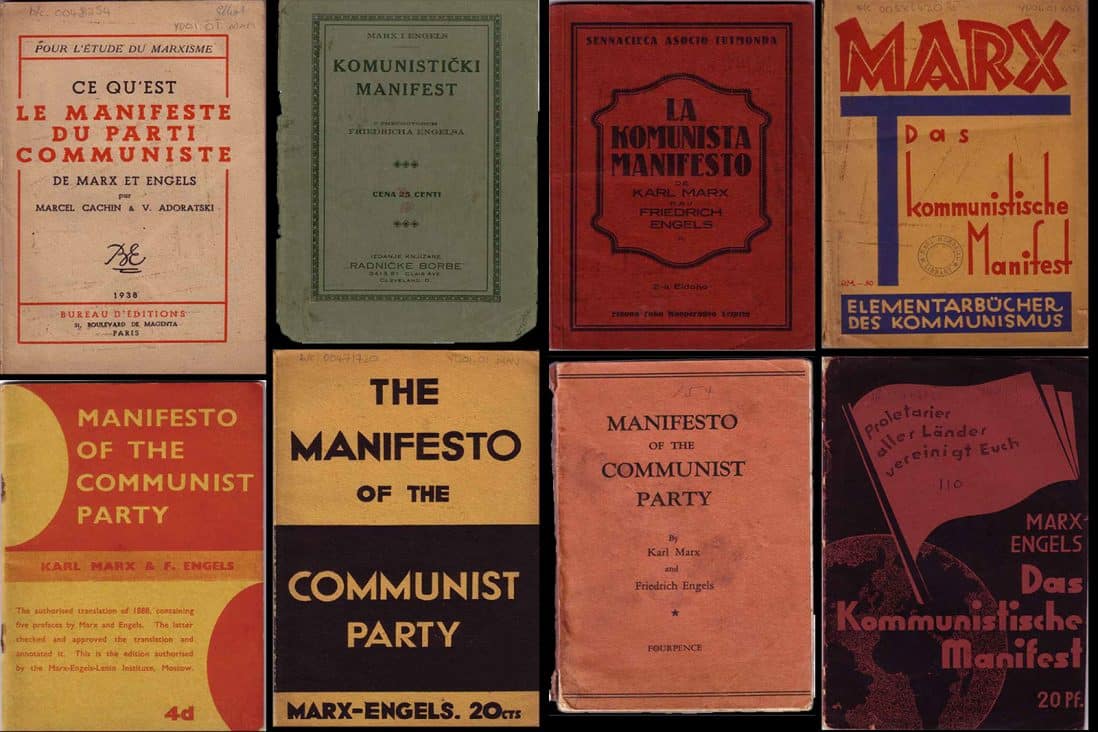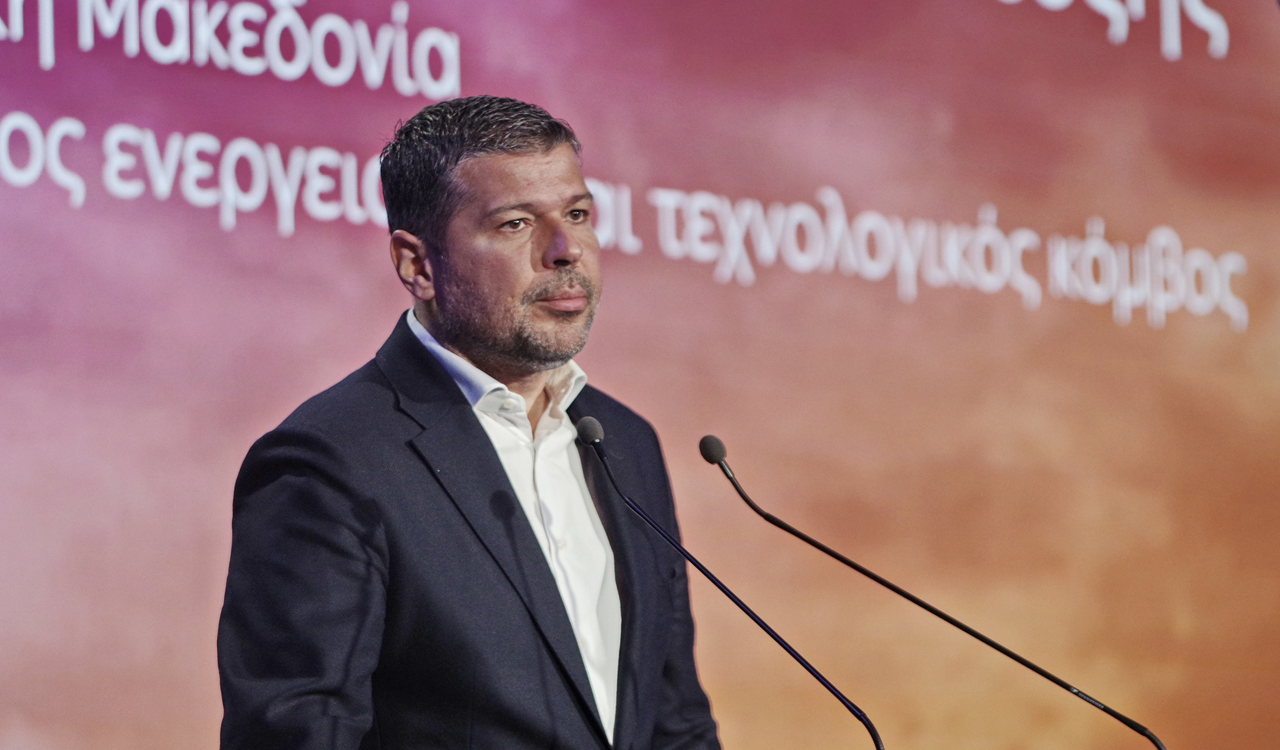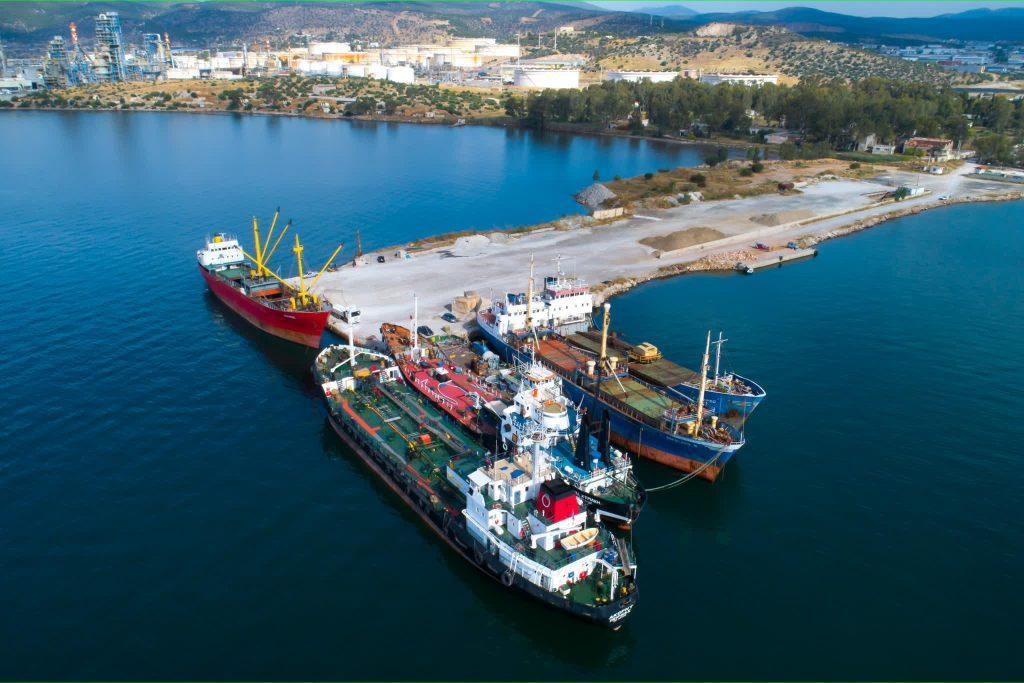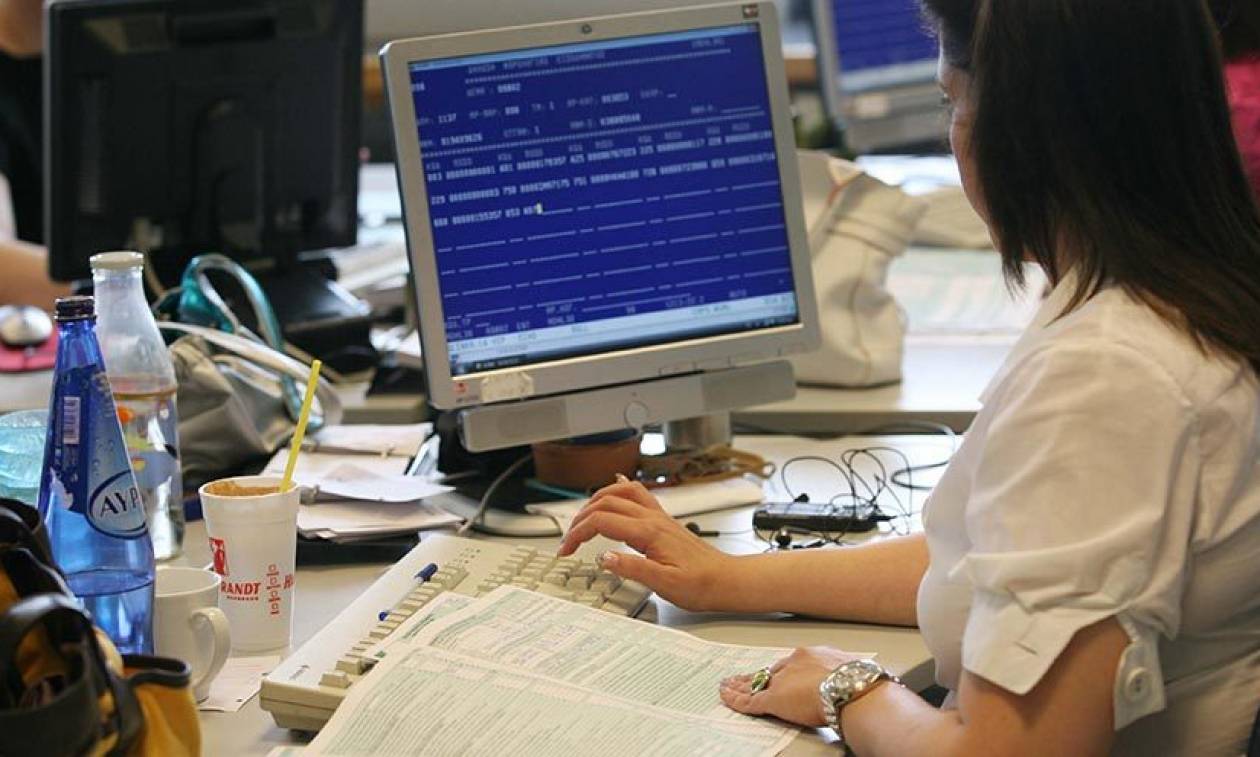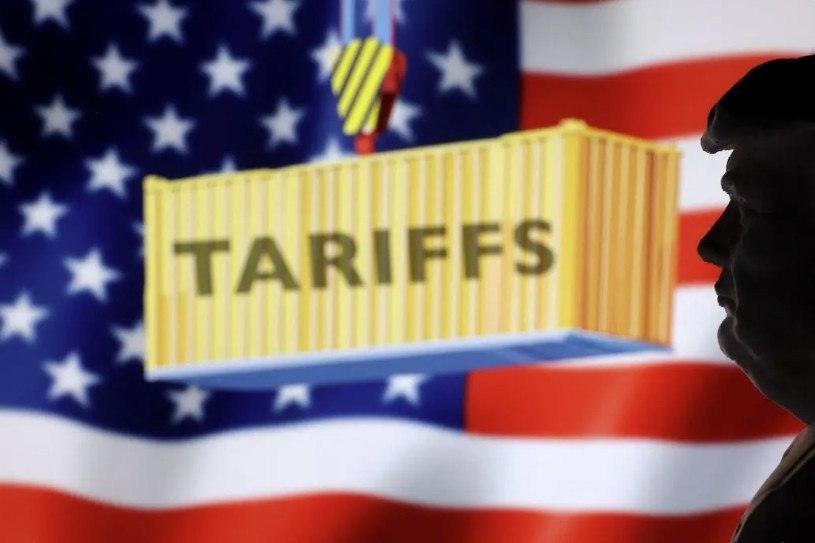The chronic issue of inadequate field labor continues to challenge the agricultural sector, with the National Interprofessional Organization of Table Olives (DEOPEL) sounding an alarm over its significant impact. Highlighting this persistent challenge, DEOPEL asserts that beyond the current season’s yield shortage, the shortage of field workers stands as one of the most pressing concerns in the table olive industry today.
The consequences of this scarcity of labor affect not just the industry but also the nation at large. According to DEOPEL, during the olive farming period of 2022/23, approximately 20% to 30% of ripe green olives, including varieties such as “Chalkidiki” and “Amfissa”/”Conservolia,” remained on the trees, resulting in a staggering reduction of agricultural income by an estimated €27 million. Additionally, the country experienced losses exceeding €2 million in social security contributions linked to labor, and the problem persists.
Addressing the need for a solution, DEOPEL acknowledges the recent legislative amendment facilitating residence and conditional work permits for migrant workers in the agricultural sector as a positive step. However, it raises concerns regarding the limited scope of this measure, citing the roughly 30,000 irregular migrant applicants it encompasses, insufficient to meet the industry’s substantial labor demands.
Expressing hope for further reforms, DEOPEL underscores the necessity for the government to tackle the chronic issue of migrant field labor shortage urgently. It emphasizes that the existing legislation inadvertently drives potential migrant workers to countries offering more favorable terms, thereby making the country less competitive within the European market. The organization anticipates a series of much-needed reforms to alleviate this ongoing predicament.
Source: tovima.com
